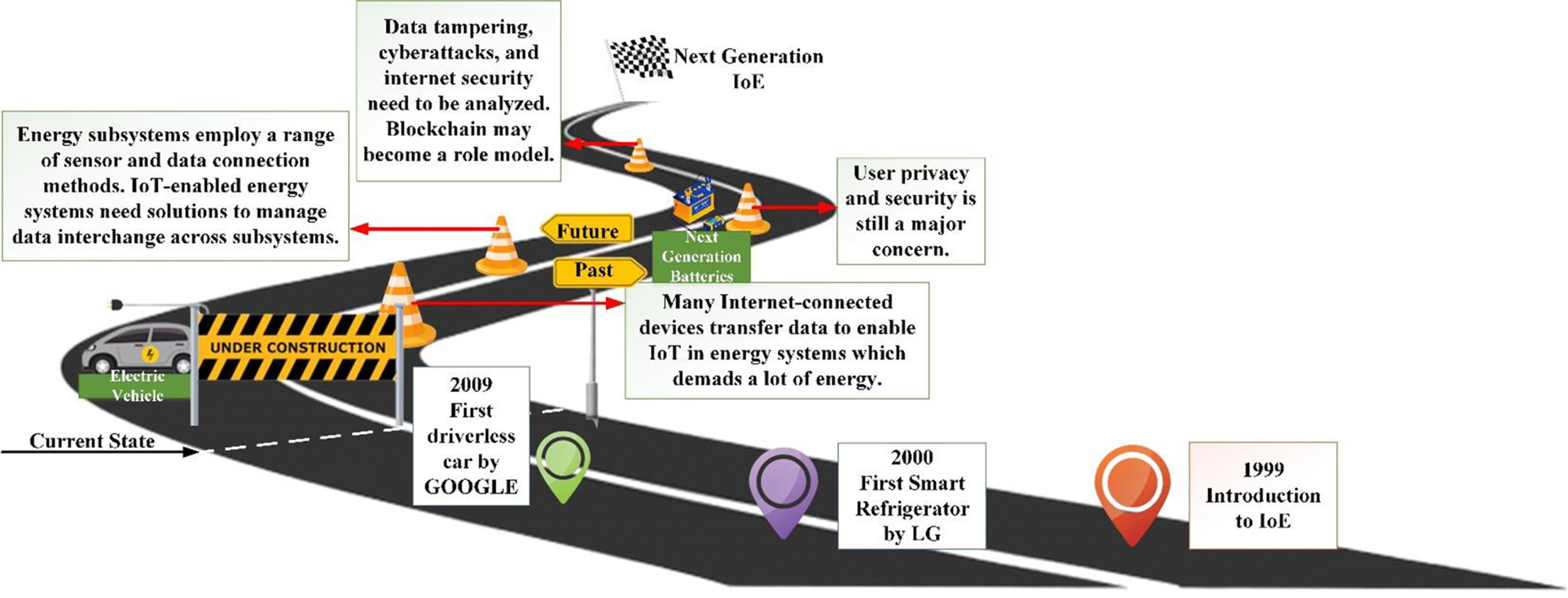With a pressing climate emergency and increasing interconnectedness, the need for action on health at a global level is greater than ever. Achieving Universal Health Coverage with a strong base in primary healthcare is essential. This must be accompanied by policies to address the socioeconomic and environmental determinants of ill health, supporting SDG3.
This article supports SDGs 7 and 13 by comparing the economy and carbon emissions of electrochemical energy storage (EES) and hydrogen energy storage (HES) in renewable energy storage, and it was found that lithium-ion batteries and certain HES routes perform best in LCOS and carbon emissions, supporting their use to achieve future decarbonization goals.
This article supports SDGs 9 and 11 by exploring the technological aspects of the Internet of Things, emphasizing blueprints, complexity, challenges, and future directions to improve performance, network security, and stability.
This Article supports SDGs 3 and 13 by providing Long-term estimation of glacier mass balance using geospatial techniques in Western Himalayas, Ladakh, India.
This study estimates the prevalence and trends of undernutrition in all countries of SEAR using national level data. This is the first study to study indicators of malnutrition at the regional level and estimating the effect of current food policies on future health of children.
Millet is a staple crop in China. But how did it come about?
This study supports SDG 3 by examining the incidence of stroke among people with disabilities, a group who are more likely to have risk factors for stroke. The incidence was found to be almost 2.5 times higher than in non-disabled people, and occuring 20 years earlier. Public health measures are urgently needed to address this problem.
Elsevier,
Artificial Intelligence in Clinical Practice, How AI Technologies Impact Medical Research and Clinics
2024, Pages 395-399
To harness the power and promise of AI in global health, adequate investment must be made in communication, computer systems, and supporting personnel to collect, curate, and manage the data necessary to enable benefits and minimize harm from the use of AI-related tools. In developed countries, this has either occurred or is underway. Developing countries run the risk of widening the digital divide if this does not occur. This chapter supports SDG3.
This Article supports Sustainable Development Goal 3 by estimating the prevalence of dementia in people aged 60 years and older in Bangladesh, finding an overall prevalence of 8%, and identifying positive associations between dementia prevalence and female sex, advanced age, and lower education levels.
Elsevier,
Translational Sports Medicine
Handbook for Designing and Conducting Clinical and Translational Research
2023, Pages 513-518
This chapter focuses on n the population and environmental considerations that impact how patients receive care, identify health concerns, and empower them to take initiative in their own care with the health teams surrounding their care supporting SDG 3.

